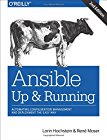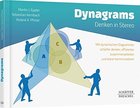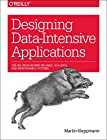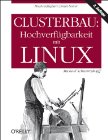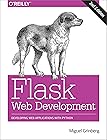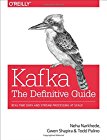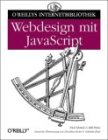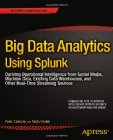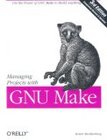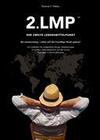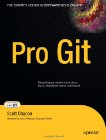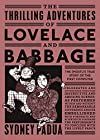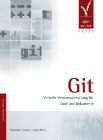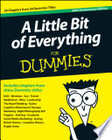
Once, when I picked up a book from the local library, the librarian asked to tell her what I thought about the book when I would bring it back. Well, why not write a few lines about all the books I read so everybody could see what I thought about it? I'm often also happy to have friends recommend a certain book or tell me this and that is not really worth reading. I won't comment about the tons of books I have read so far, but about books I read from now on.
| highly recommended | sehr empfohlen | |
| good reading | gutes lesematerial | |
| average | durchschnittlich | |
| not too interesting | nicht allzu interessant | |
| recommended not to read it | empfehlung das buch nicht zu lesen |














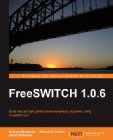



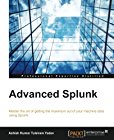










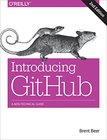
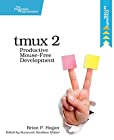















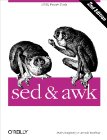































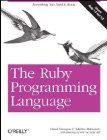

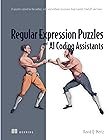






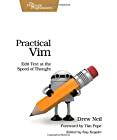






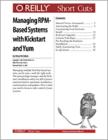



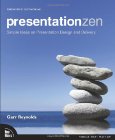

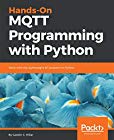

































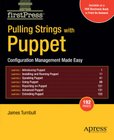








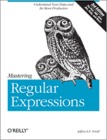
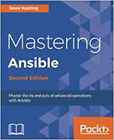






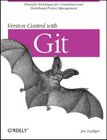










































 |
|
|---|---|
| title | Tor and the Dark Art of Anonymity |
| author | Lance Henderson |
| ISBN-10 | 1-512-04958-1 |
| ISBN-13 | 978-1-512-04958-9 |
| ASIN | |
| rating | |
| date | 2017-Apr-18 |
Oh yes, there is some talk about Tor in this book. But mainly it is a chatty text about how important your anonymity should be to you. It does mention several tools and sites which should be useful in protecting your online anonymity (something I do not consider to be a _dark_ art). Most of the references are, however, links to further resources on the web. Personally I'm not too thrilled if I'm reading a book and, to find out more than the name of most products or services mentioned, need to open a web browser.
If you are looking for a guide helping you in setting up Tor or using it, then look elsewhere. If you want to know why you might want to stay anonymous online, then this is for you. If you want to know how to do that, it does offer some information.
I completely agree that most internet users are far too careless and unthoughtful about their online anonymity and share their data far too easily, often unknowingly. But the level of paranoia in this book is very high. And a reader without a good grasp of network-technology etc. will just have to accept that getting this or that information is easily possible, as there are no technical explanations given. A bit like sowing fear rather than understanding.
There is one huge mistake in the book: the part about PGP. Using a different virtual identity for every different purpose, as the author advises, is good advice. But creating PGP keys, passing the public key around, have it signed by others and accept encrypted messages causes a short-circuit between your identities (unless you use different key pairs for each of your identities).












